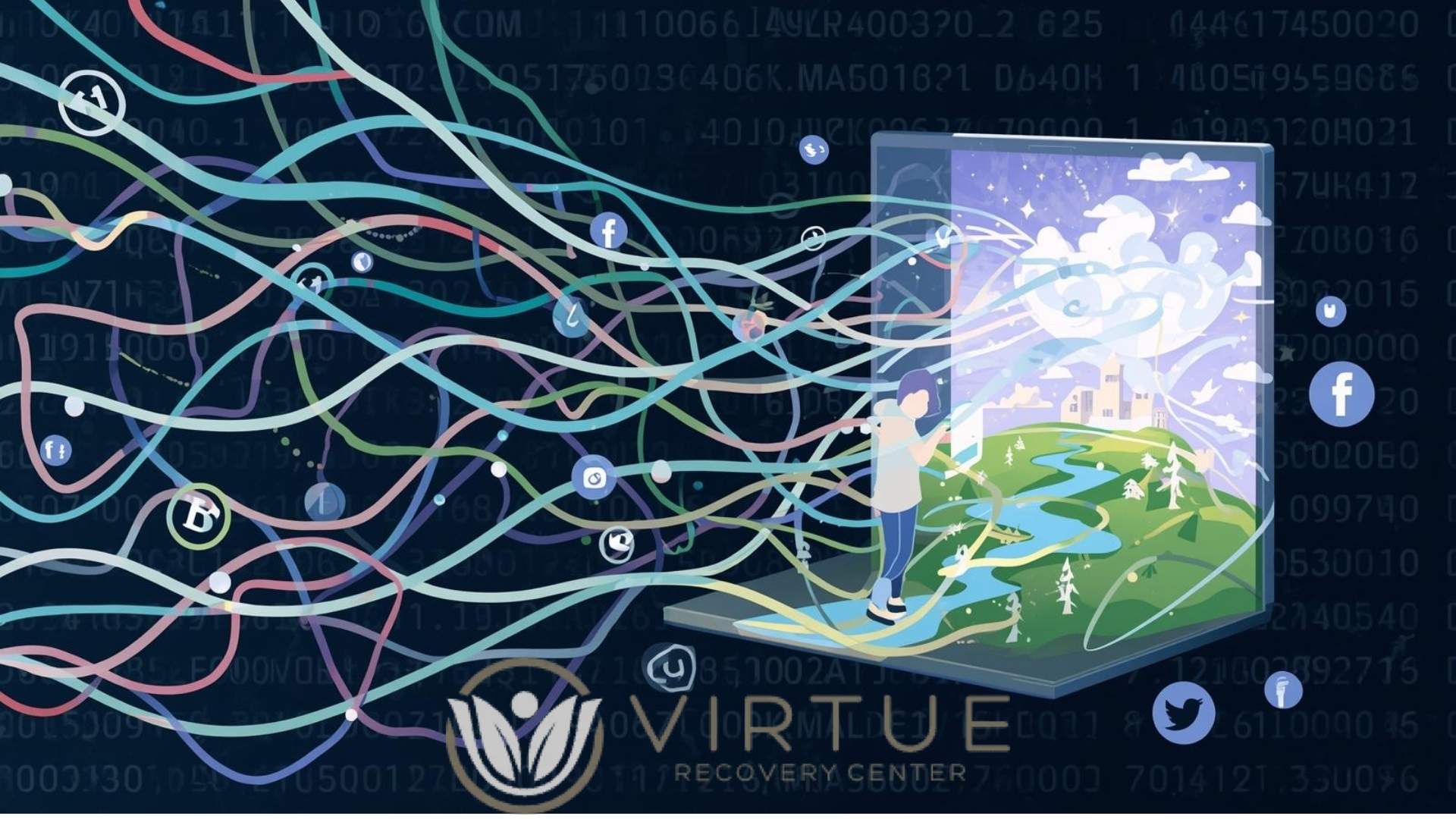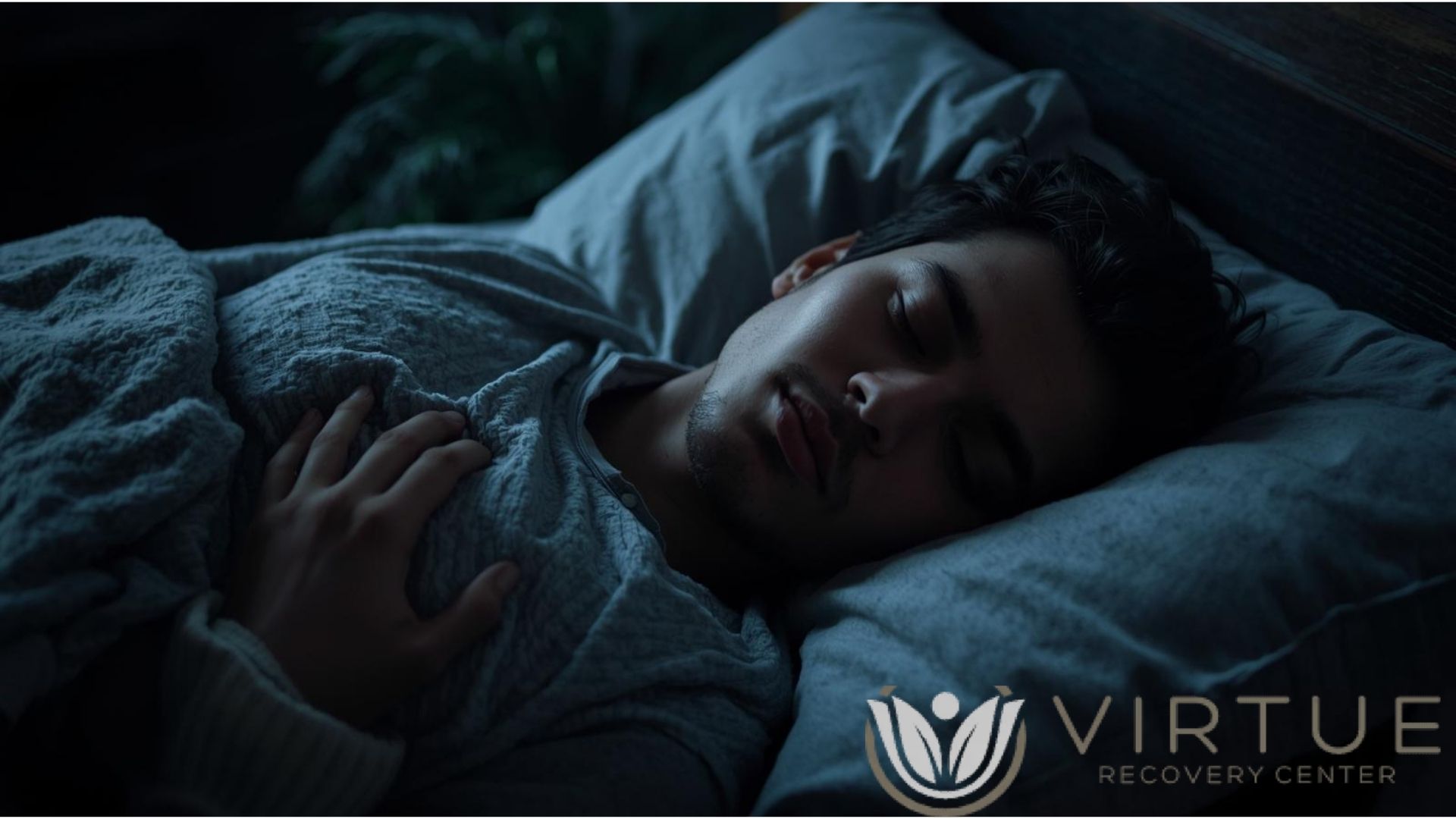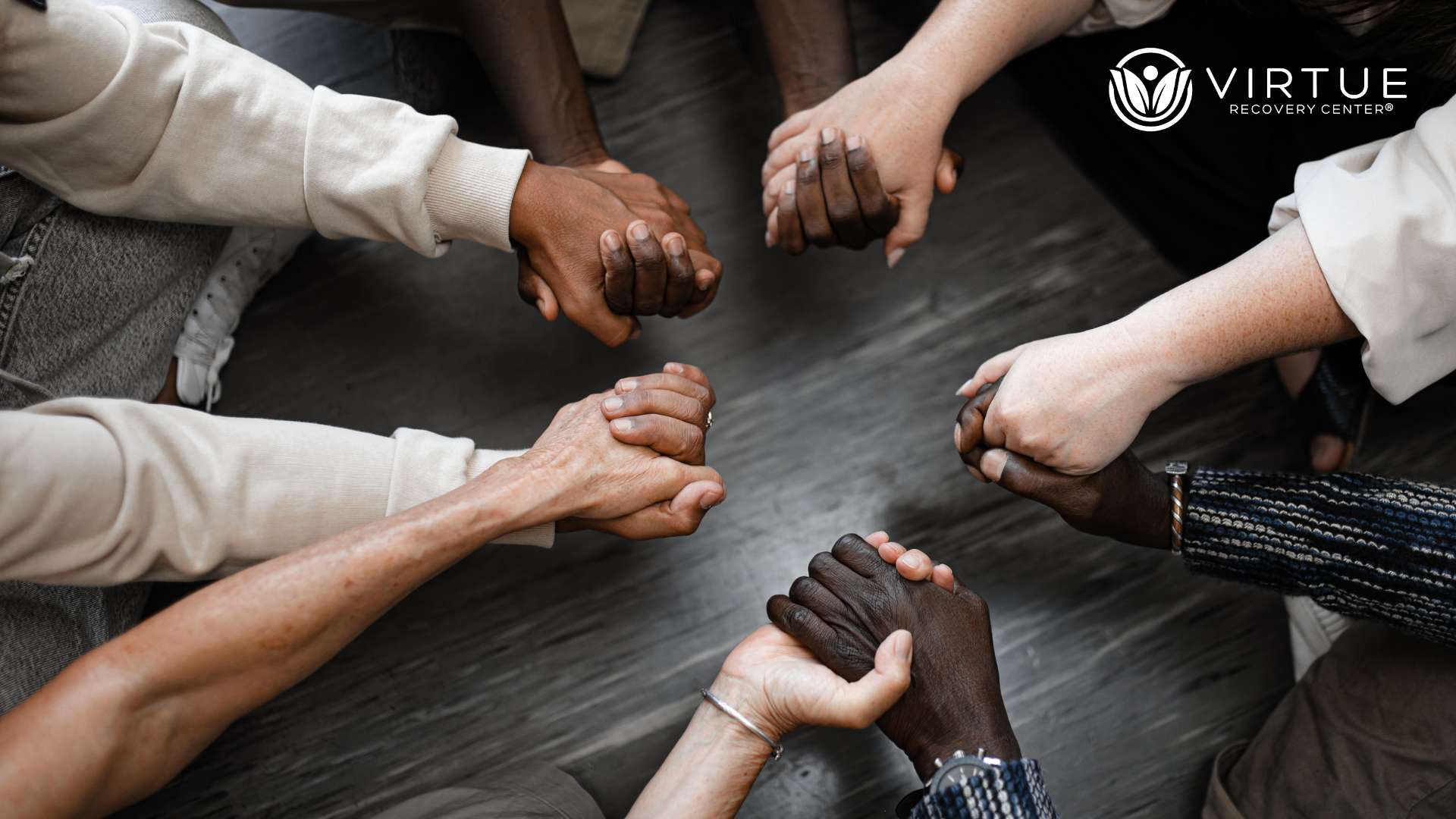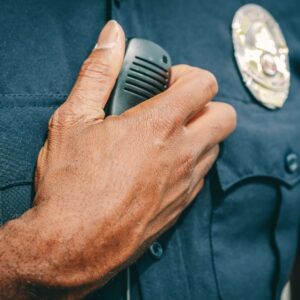 There are over one million full-time law enforcement personnel in the U.S., with an additional 100,000 part-time workers, making it natural for a significant number of them to succumb to drug or alcohol addiction. Statistics concerning alcohol abuse among officers are alarming:
There are over one million full-time law enforcement personnel in the U.S., with an additional 100,000 part-time workers, making it natural for a significant number of them to succumb to drug or alcohol addiction. Statistics concerning alcohol abuse among officers are alarming:
- Officers tend to consume alcohol at higher rates than the general population. Cumulative stress in law enforcement is strongly linked to increased alcohol abuse, with officers having higher rates of binge drinking compared to non-officers.
- Studies indicate that 25% of officers admit to consuming alcohol while on duty at some point.
- Alcohol-related adverse consequences affect about 18.1% of male officers and 16% of female officers, demonstrating the severity of the issue.
Why Inpatient Rehab is Crucial for Police Officers:
The inherent pride officers take in their work can sometimes hinder their ability to seek help for addiction. It’s essential to understand that addiction affects everyone, regardless of their profession. Seeking inpatient rehab is a commendable step and demonstrates strength and integrity. There is no shame in admitting the need for help; in fact, it signifies a determination to overcome the challenge. Law enforcement professionals will find support and understanding within their ranks, as many have faced similar struggles. Addiction is an equalizer, affecting individuals from all walks of life, including law enforcement.How to Seek Help:
- Contact a Specialized Rehab Center: Reach out to a rehab facility experienced in treating police officers. Hotlines or referral services can provide information about facilities catering specifically to professionals dealing with addiction.
- Inform a Supervisor: It’s crucial to discuss the situation with a supervisor, openly sharing what’s happening and what needs to be done to resolve it. Transparency is key to receiving support from within the department.
- Lean on Loved Ones: Sharing the truth about the addiction crisis with family and friends is vital. Their support can provide invaluable strength during the recovery journey.
Police Officer Outpatient Treatment
At Virtue Recovery Las Vegas, we recognize the unique demands placed on law enforcement professionals—and we understand that stepping away from duty for extended treatment isn’t always possible. That’s why our outpatient programs offer flexible, high-quality care designed to meet the needs of police officers who require support without leaving their professional or personal responsibilities behind.
Our outpatient services include both Partial Hospitalization Program (PHP) and Intensive Outpatient Program (IOP) levels of care. These structured, evidence-based programs provide therapy, peer support, and skill-building sessions while allowing officers to return home at night. Whether you’re managing early recovery, reintegrating after inpatient care, or stepping down from a more intensive program, our outpatient options give you the tools to stay on track.
Sessions focus on trauma, stress management, relapse prevention, and rebuilding resilience—led by clinicians experienced in treating first responders. We also offer flexible scheduling to accommodate shift work and unpredictable hours common in law enforcement roles.
At Virtue, we’re committed to providing a judgment-free space where police officers can prioritize their mental health, heal from substance use, and build a sustainable recovery—on their own terms.
If you or a fellow officer is ready to take the next step, reach out to Virtue Recovery Las Vegas today. You don’t have to choose between your badge and your well-being.
Police Officer Eating Disorder Treatment
The pressures of law enforcement don’t just affect mental health—they can also impact physical well-being and eating habits in profound ways. At Virtue Recovery Las Vegas, we offer specialized eating disorder treatment tailored to the unique experiences and stressors faced by police officers. Whether it’s binge eating triggered by trauma, disordered eating from erratic schedules, or body image concerns rooted in high-performance culture, our team is here to help.
Our eating disorder program combines clinical expertise with deep compassion. We address a range of diagnoses including anorexia, bulimia, binge eating disorder, and avoidant/restrictive food intake disorder (ARFID), alongside co-occurring conditions such as PTSD, depression, or substance use—common among first responders.
Treatment takes place in a safe, supportive environment designed for healing. We offer private rooms, chef-prepared meals, trauma-informed therapy, and personalized nutrition counseling. Our approach emphasizes both physical restoration and psychological resilience, helping officers rebuild a healthy relationship with food and with themselves.
Whether you need residential support or prefer the flexibility of outpatient care through PHP or IOP, we create a plan that respects your role and responsibilities while guiding you toward sustainable recovery.
If you’re a police officer silently battling an eating disorder, know this: help is available, and you are not alone. Contact Virtue Recovery Las Vegas to begin your path to healing—with dignity, privacy, and the respect you deserve.
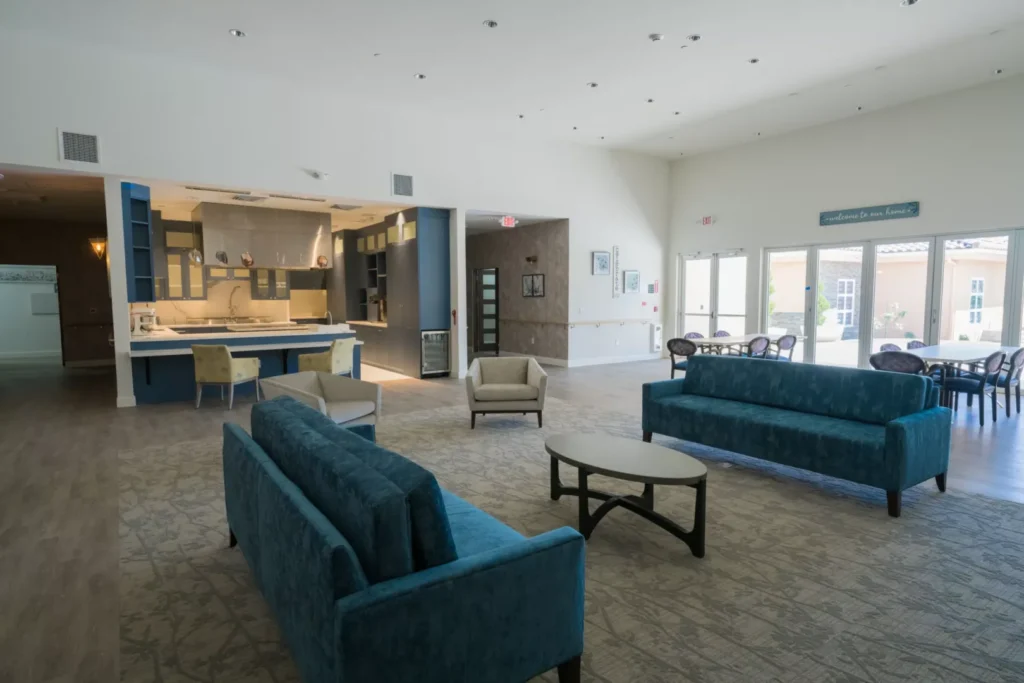
Private Suites Facility
Corbett Facility
Luxurious, private rooms for a serene, personalized recovery experience with utmost privacy.
🏢 Address: 9230 Corbett St, Las Vegas, NV 89149
🕓 Hours: Open 24 hours
Luxury Amenities
Access to high-end amenities, ensuring a comfortable stay while focusing on your health and well-being.
Personalized Care
Benefit from customized treatment plans, with one-on-one therapy sessions tailored to your unique recovery needs.
Privacy and Comfort
Enjoy the solitude of a private room, providing a peaceful environment conducive to healing and reflection.
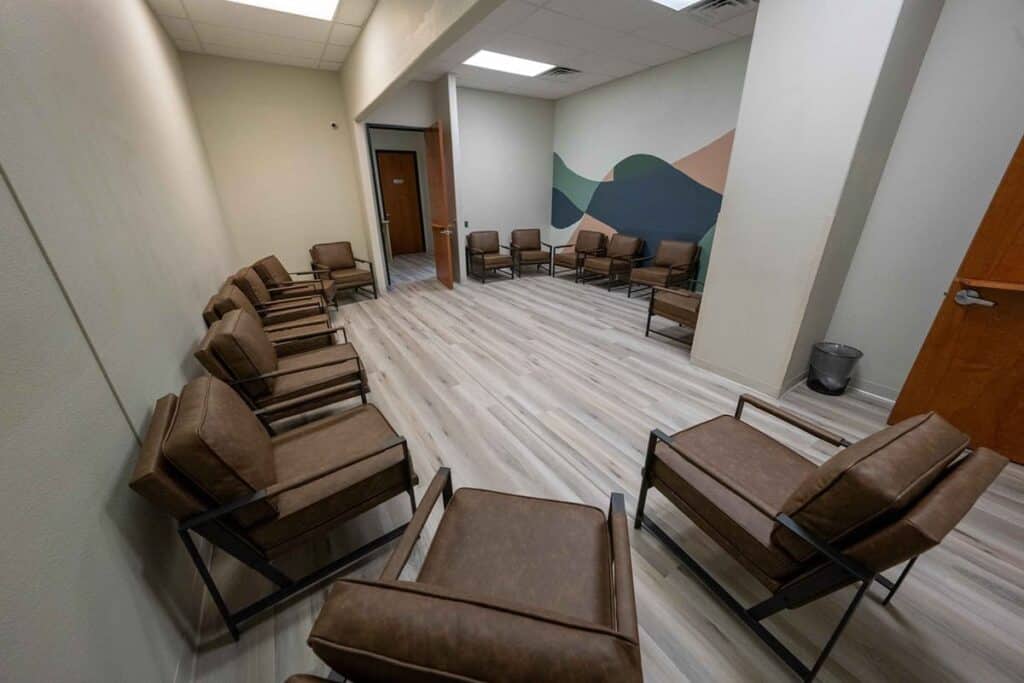
Outpatient Services Center
Montessouri Outpatient
Flexible outpatient care with daily life balance, offering structured therapy and support. Offering IOP, PHP, and aftercare with flexible hours from 8am to 8pm to suit your busy schedule.
🏢 Address: 2585 Montessouri St # 100, Las Vegas, NV 89117
🕓 Hours: Open 8am to 8pm
Flexibility
Tailor treatment to fit your schedule, allowing you to maintain work and family commitments while receiving care.
Community Connection
Stay connected to your support network at home, enhancing your recovery journey with familiar surroundings.
Continued Care
Ideal for transitioning from more intensive treatment, supporting long-term recovery with structured outpatient services.
Start Your Recovery With a Specialized Police Treatment Program
At Virtue Recovery Las Vegas, we understand the unique challenges police officers face—constant high-stress environments, exposure to trauma, and the pressure to always be in control. These demands can lead to burnout, substance use, and disordered eating habits that often go unnoticed or untreated.
Our luxury inpatient program provides a private, peaceful space where officers can step away from the demands of duty and focus entirely on recovery. We specialize in treating both addiction and eating disorders through a holistic, structured approach that promotes physical, emotional, and mental healing.
Each client receives a personalized treatment plan supported by licensed professionals, chef-prepared meals, private rooms, and wellness-focused amenities. Whether struggling with alcohol, prescription drugs, restrictive eating, or binge behaviors, officers will receive the compassionate, high-level care they deserve.
If you or someone you care about is struggling with addiction and mental health issues, contact us today at 866.520.2861 or complete our brief online form. One of our compassionate intake specialists can help you learn more about our dual diagnosis services.
Police Officer Treatment FAQs
We treat a wide range of addictions including alcohol, opioids, prescription drugs, methamphetamine, cocaine, and more. Our personalized programs address both the physical and emotional components of substance use.
Yes. We provide specialized eating disorder treatment for police officers, including support for anorexia, bulimia, binge eating, and disordered eating habits developed as coping mechanisms from job-related stress.
Yes. Virtue Recovery Las Vegas offers luxury accommodations including private rooms, chef-prepared meals, and spa-like amenities designed to support healing in a peaceful, restorative environment.
Yes. Our inpatient program offers round-the-clock care, evidence-based therapies, and a highly structured environment ideal for officers seeking complete focus on recovery.
We provide first responder-specific care, luxury amenities, individualized treatment plans, and dual-trained staff who understand the unique pressures law enforcement professionals face.
Yes. All of our residential clients have access to private rooms designed for comfort, privacy, and rest during recovery.
Yes. Our program includes yoga, meditation, fitness training, and recreational therapy to support physical health as part of whole-person healing.
Yes. We can customize your plan to address both concerns simultaneously with coordinated care and integrated therapeutic approaches.
Yes, we accept most major PPO insurance plans and can verify your benefits quickly. Our admissions team can walk you through your options.
Yes. We offer comprehensive aftercare planning, including outpatient services, alumni support, and referrals to ongoing local care.
Yes. Many police officers experience PTSD. We have trauma-trained professionals who specialize in treating occupational trauma.
Police Officer Treatment Glossary
Addiction
A chronic condition characterized by compulsive drug or alcohol use despite harmful consequences. It affects the brain’s reward system, making it difficult to stop without treatment.
Eating Disorder
A mental health condition involving unhealthy eating behaviors and thoughts, such as restriction, bingeing, or purging. Common types include anorexia, bulimia, and binge eating disorder.
Dual Diagnosis
When an individual has both a substance use disorder and a mental health condition, such as depression, PTSD, or an eating disorder. Dual diagnosis treatment addresses both at the same time.
PTSD (Post-Traumatic Stress Disorder)
A mental health disorder caused by experiencing or witnessing trauma. Common among police officers, it can fuel addiction or disordered eating as coping mechanisms.
Medical Detox
A supervised process where harmful substances are safely removed from the body under medical care. This is often the first step in addiction treatment.
Residential Treatment
An intensive, inpatient program where clients live at the facility full-time and receive structured therapy, support, and care to begin recovery.
Outpatient Treatment
Therapy and treatment provided on a part-time basis, allowing clients to return home after sessions. Includes PHP (Partial Hospitalization) and IOP (Intensive Outpatient Program).
Partial Hospitalization Program (PHP)
A highly structured outpatient program where clients attend treatment for several hours a day, multiple days per week, but do not stay overnight.
Intensive Outpatient Program (IOP)
A step down from PHP, IOP offers several weekly sessions that include therapy, group support, and relapse prevention while clients live independently.
Trauma-Informed Care
An approach that recognizes and addresses the impact of trauma on behavior and healing. Essential for first responders with occupational stress or PTSD.
Relapse Prevention
A key part of treatment that helps clients identify triggers, develop coping skills, and create a plan to avoid returning to harmful behaviors.
Cognitive Behavioral Therapy (CBT)
A widely used form of therapy that helps individuals identify negative thought patterns and replace them with healthier, more productive behaviors.
Nutritional Counseling
Specialized support that helps individuals with eating disorders develop a healthy relationship with food, improve eating habits, and restore physical health.
Peer Support
Therapy or group sessions with others in recovery who have similar experiences, fostering connection, accountability, and encouragement.
Confidentiality
A foundational principle of treatment that protects your privacy. At Virtue Recovery, your participation in treatment is kept strictly confidential.

